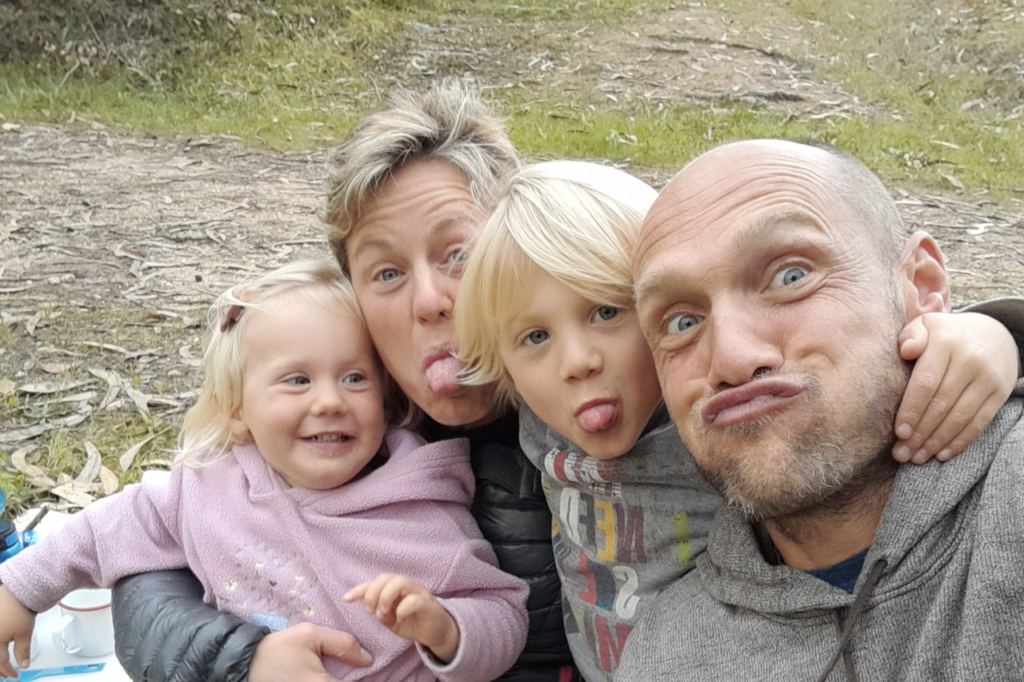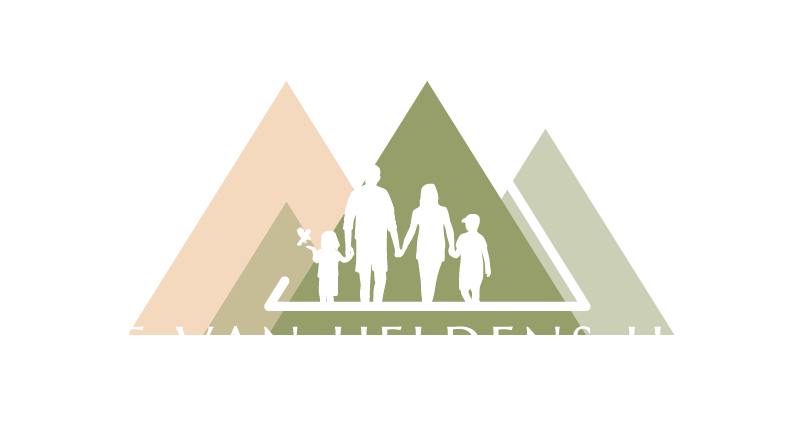It’s February.
We are counting down to our departure in days now, instead of weeks.
In less than forty five days we are due to leave the comfort of our apartment and venture into the unknown with nothing more than a stroller with kids, a trailer with our belongings and our hearts in our hands.
Telling a story as it is, is scary. Opening up to a world of strangers, but moreover, to people in my inner circle is brain rattling. Reasoning my way through my thoughts, through the ‘to do’ baloney, through fear and uncertainty, isn’t cutting the deal. I need to feel my way through it, and let go of expectations and the fear of opinion.
I know I don’t grasp the implications of either undertaking such a journey or the stories. How can I? It’s very rarely done like this, if at all. And even if there were foundational stories on which you could build your house of hope, it’s not the same. Our story is going to be different from any other story that is present. The road is being laid while we walk it.
Life is validated through so many different angles. The narrative plays an important role in how I, as an individual, am formed and understood. My history and future are made through the stories I tell myself, and others, and how I’m affected by experiences. My life, like anybody’s life, is what I know about myself and what I like to share with others or not. But also what I don’t know about myself and others do, called ‘the blindspot’. To expand my level of self-awareness and self-understanding I want to share more, so I can receive feedback and implement it in unfolding experiences, and thus reduce the blindspot. In the bigger picture I’m looking to find a community, where talking and sharing stories ‘as they are’ is less taboo.
So, here it goes.
In the second week of February we decided it was about time to grab the tent and head out for some ‘backyard’ camping for a night or two. This month felt like the right time to start a weekly two to four-day acclimatisation until we leave, to (re-)test gear and make a smoother transition from living under a roof to living in a tent.
Only the morning after the second night, the day we were going home again, I woke up with a ‘blue-sky-head’. The days before had been troubled with the notorious Arcus clouds, clouds associated with stormy weather, which hang around in my mental theatre far too often and too long.
Conditions like that don’t make hiking and camping a particularly nice experience for either of us, but what’s more prevailing is the doubt it brings to both Laura and I whether our decision to leave the safety of our apartment is smart.
How I feel in these moments has nothing to do with where I am, although certain locations may harbour more triggers than others. Add to these feelings of anger and sadness my short fuse, a dominant trait, and the tone is set. Obviously, this has a greater impact when we’re camping, because you live ‘smaller’ and we are more dependent on each other. It’s detrimental on our family’s camping experience, because I can see the reflection of that energy in our children.
In such situations I say all kinds of daft things, like “Let’s forget about this whole undertaking”, which leaves Laura empty, insecure and sad. Not a great combination with the many unknowns of our future trip. The daftness of it is, I don’t mean it. I don’t want to forget about it all. I want it more than anything else, but somehow it feels like the right weapon in my ego’s battle of attention.
The chimp.
There is this great read called ‘The Chimp Paradox’ from Prof. Steve Peters, and it explains in a very understandable (simplistic) way how our brain is divided in two parts: the human (factual) and the chimp (emotional). It’s basically about the collision of the rational and irrational self and how you can deal with it best. It’s a lot about creating space between the trigger and the response, in order to see the emotions for what they are and to decide how to act.
Usually, when I’m in a dark place, I walk a bit further afield of the pack, in front or behind, wanting to be with my own thoughts and to deprive my judging ego from external fuel. There’s more than enough internal fuel, because simultaneously with my ego’s search for reasons to bitch, my human very much dislikes this behaviour, causing a lot of internal conflict and self-loathing.
The work for me is learning how to create the space. Never more has there been the necessity to bring this space into being. Both longevity and a fantastic life experience depend on it. The progression is (too) slow, but it’s definitely noticeable. I believe this journey will accelerate improvement.
Team
Despite it all and Laura’s suffering, she remains the glue of our family. It’s her who keeps the pack together in moments where I check out mentally. She’s willing to put herself third place and gracefully lives up to one of the female roles in our hunter-gatherer ancestry.
Fact is, we couldn’t do this without each other. Where she brings the filter for emotions and functions as the eye of a storm whenever needed, I bring the physical fortitude which is unaffected by my emotional fluctuations. We complement each other, magnifying strengths rather than weaknesses and as our journey grows, the whole will become greater than the sum of our parts.


